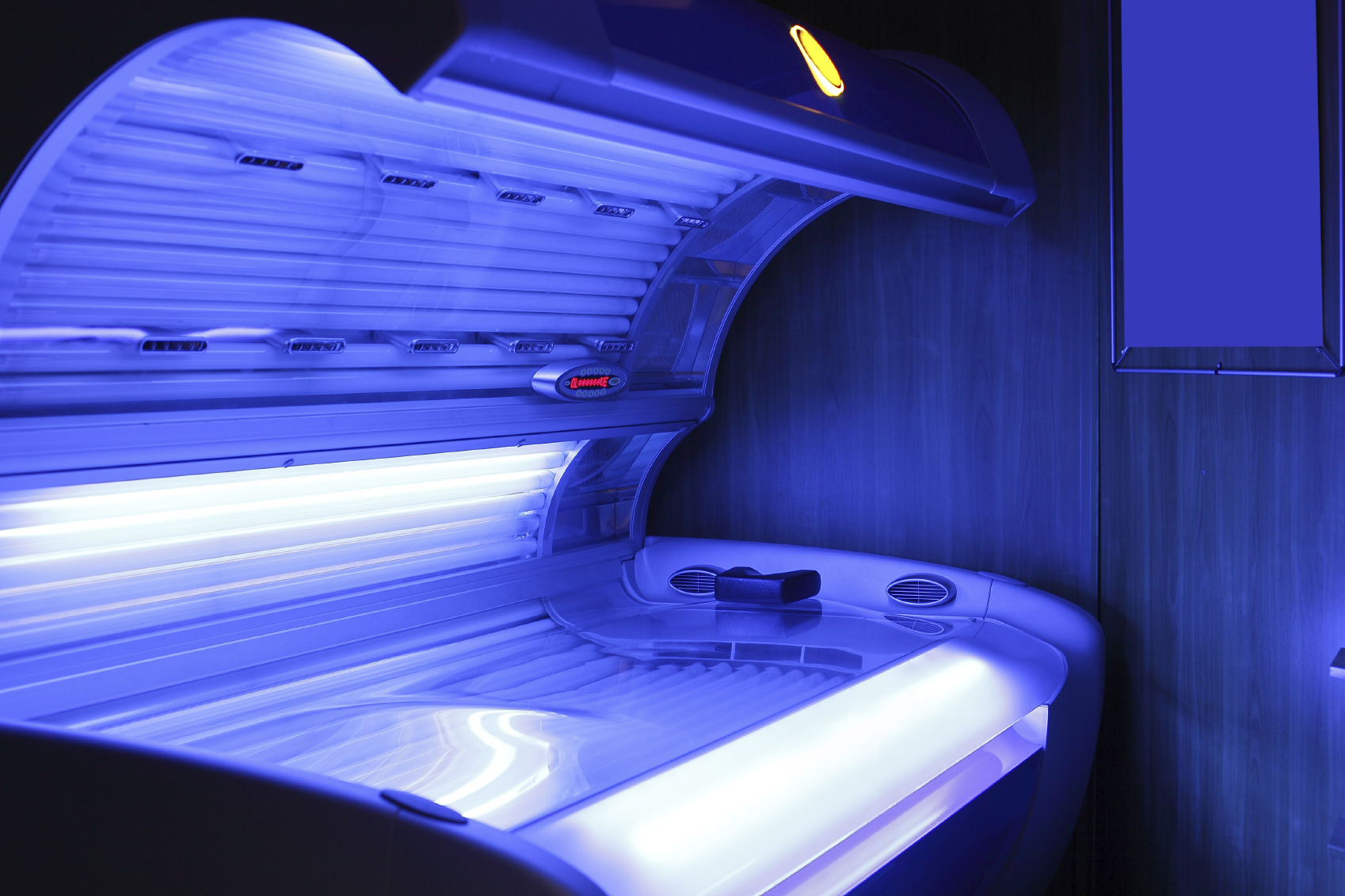
The FDA is trying to protect individuals under age 18 from dangerous skin damage. A 2013 National Youth Risk Behavior Survey found that 1.6 million teenagers per year use indoor tanning. It seems that teenagers do not appreciate the gravity of the danger posed by the use of tanning beds (also known as sunlamp products). As a result, the FDA wants to issue an outright ban on indoor tanning by minors. People under the age of 18 have the greatest risk of dangerous consequences from indoor tanning, said Dr. Stephen Ostroff, acting FDA Commissioner.
The FDA would even like to subject adults to stricter indoor tanning policies. These individuals will have to sign a waiver that acknowledges their understanding the risks involved in using tanning beds. Manufacturers of sunlamp products, too, will be subject to more stringent rules. Some new safety improvements, for example, would include bigger warning labels on the tanning machines, an emergency shut down button, and mandatory use of protective eyewear. Additionally, manufacturers would be obligated to have any modifications to their devices approved by the FDA.
Should the FDA’s proposals prevail, 19,000 tanning salons and 20,000 other tanning facilities across the U.S. will feel the impact. The American Academy of Dermatology reported that radiation from indoor tanning increases a person’s risk of developing melanoma by 59 percent. Melanoma is the worst kind of skin cancer, killing 9,000 Americans every year. Indoor tanning users also subject themselves to future eye and skin damage. Tanning beds carry more immediate dangers, too. The Center for Disease Control and Prevention collected data and found that injuries related to indoor tanning result in more than 3,000 emergency room visits per year.
Indoor tanning rates and subsequent cancer rates among young, non-Hispanic white females is increasing faster than the rates among other groups, according to the Surgeon General’s July 2014 publication called “Call to Action to Prevent Skin Cancer.” Of course, even outdoor tanning is dangerous, and the Surgeon General emphasizes the importance of using sunscreen and of limited sun exposure.
If you think you may have a personal injury or medical malpractice claim relating to artificial tanning, contact Paul M. da Costa, Esq. at Sarno da Costa D’Aniello Maceri LLC. Call us today at 973-274-5200.


